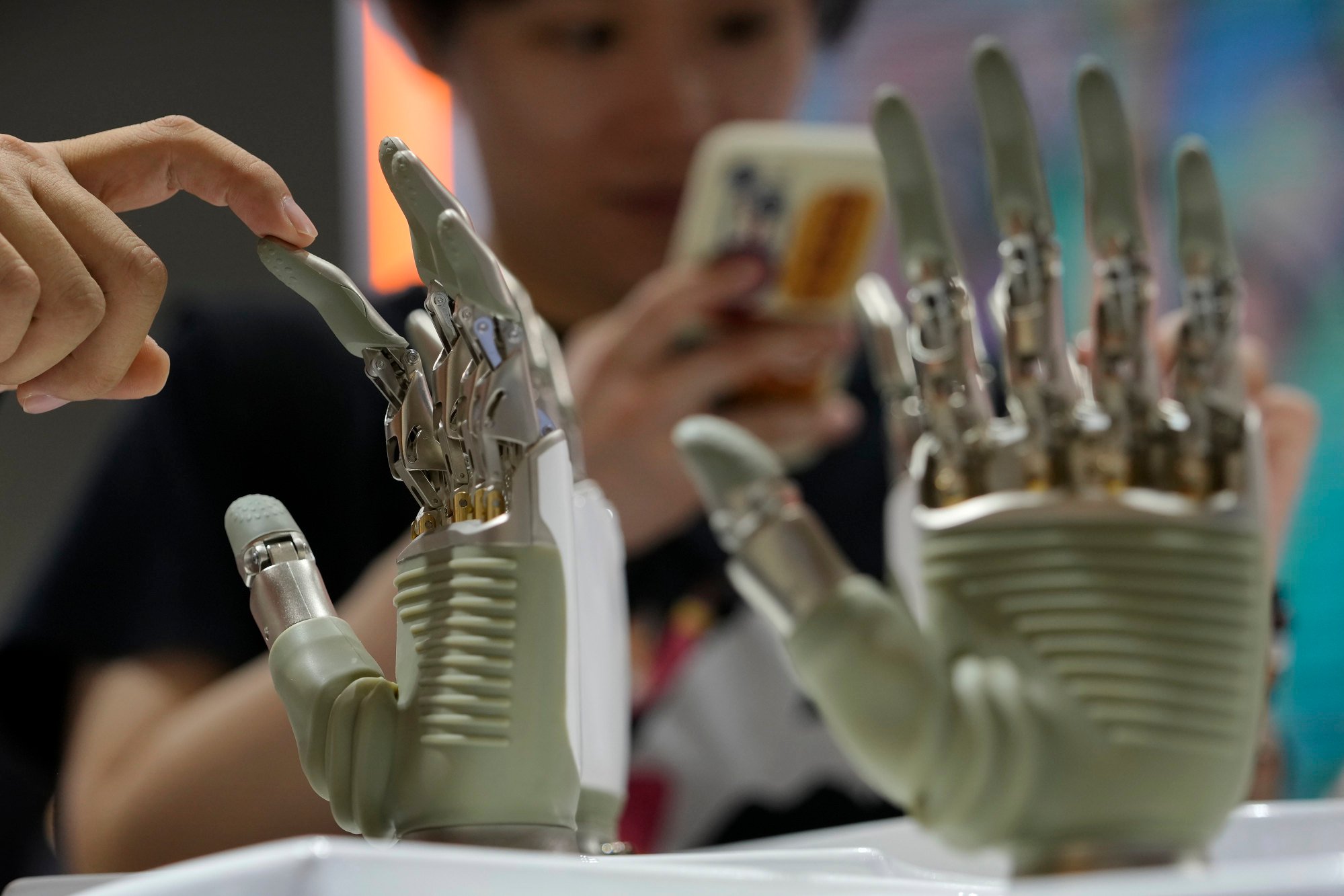China dominated Asia’s subdued venture capital scene in the second quarter, as state-backed investors poured money into sectors such as artificial intelligence (AI), electric vehicles (EV) and semiconductors to bolster the nation’s technological prowess.
China accounted for six of the top 10 venture-capital investments in the Asia-Pacific region, according to a report published by KPMG on Thursday. A total of 2,155 deals worth US$17.4 billion were reached in the three months to June. The deal volume, however, was 16.3 per cent lower than the previous quarter.
New energy vehicles and semiconductors were among the hottest sectors in China. EV maker Neta Auto raised US$693 million, while CRRC Times Semiconductor scooped up US$599 million, according to the report.
Do you have questions about the biggest topics and trends from around the world? Get the answers with SCMP Knowledge, our new platform of curated content with explainers, FAQs, analyses and infographics brought to you by our award-winning team.
AI companies continue to gain traction in China, even as investors tread cautiously. Top deals in this space include US$528.7 million raised by Zunyuan Supermarket, a retailer that incorporates AI followed by generative AI company Zhipu AI at US$400 million.

“The AI space continued to attract strong venture capital investment in China during the second quarter of the year, with investors showing particular interest in AI-driven applications,” said Zoe Shi, partner at KPMG China.
The number of AI focused start-ups has “grown considerably” over the past year, and the big question now is which of these companies will be able to produce results and successfully commercialise their offerings, she added.
China has been pumping money and vast state resources behind companies in strategic sectors like semiconductor and AI, as its technology war with the US escalates.
In May, Beijing set up a 344 billion yuan (US$47.5 billion) state-backed investment fund to bolster its semiconductor industry.
The China Integrated Circuit Industry Investment Fund is the largest of the three chip investment funds that have been launched so far by the government. The previous two funds raised 204 billion yuan and 138.7 billion yuan in 2019 and 2014, respectively.
Meanwhile, local authorities are ramping up support for AI and other technology sectors as investors remain on the sidelines.
“Venture capital investors in China showed no rush to dive into making major deals during the second quarter, taking as much time as needed to conduct due diligence and, in some cases, delaying decisions to see how targets preformed for a longer period,” said Angela Chiu, director of deal strategy and M&A at KPMG China.
“To spur investment, local governments have provided significant matching funds aimed at companies focused on areas of strategic importance,” she added.
Looking ahead into the third quarter, AI and EV are expected to continue dominating venture capital investments in China, owing to generous state support, according to the KPMG report.
And while deal activity remains lacklustre, the initial public offering market could see a rebound in 2025 as many Chinese companies prepare to go public, the report added.
More from South China Morning Post:
- VC firm Lanchi bets on China AI, Hong Kong potential after parting ways with BlueRun
- US dollars exit China’s VC market, ending 2-decade marriage that enabled rise of start-ups
- Chinese start-ups with global ambitions poised for success, head of VC fund says
- Chinese clean energy firms dominate top 10 VC deals globally amid tough market: Preqin
- Chinese start-up Moonshot AI raises US$1 billion in funding round led by Alibaba and VC HongShan amid strong interest for OpenAI-type firms
For the latest news from the South China Morning Post download our mobile app. Copyright 2024.





